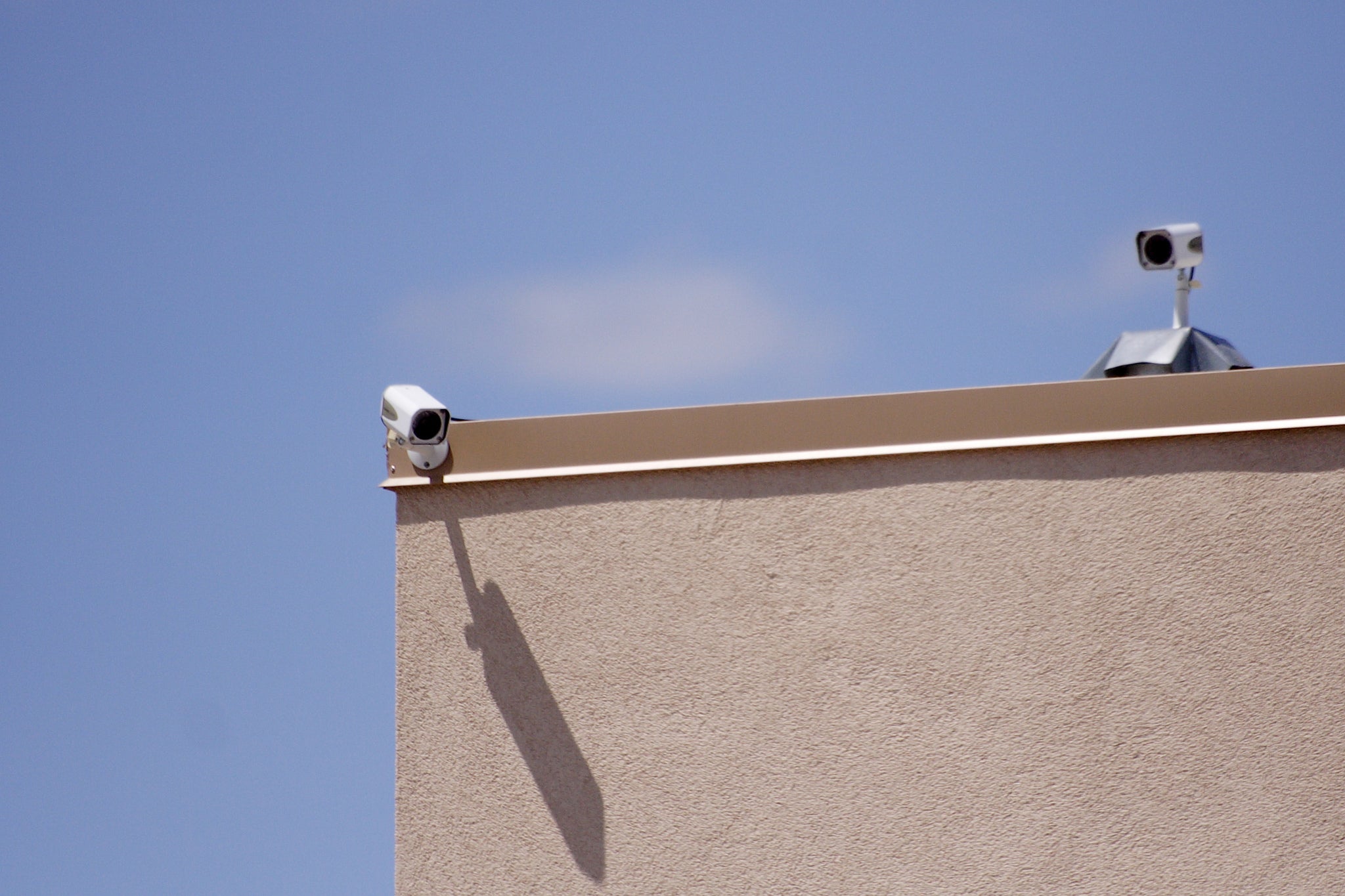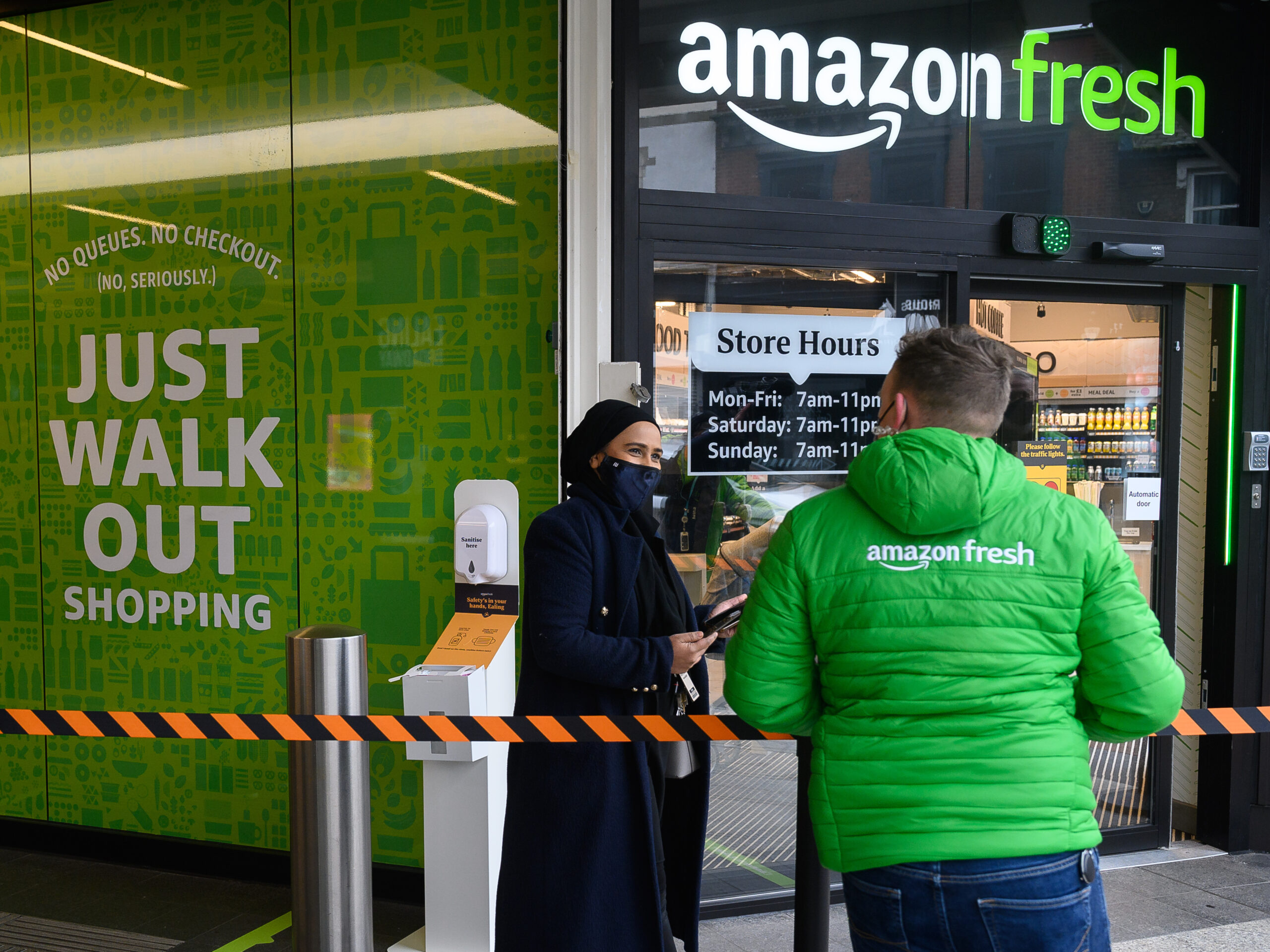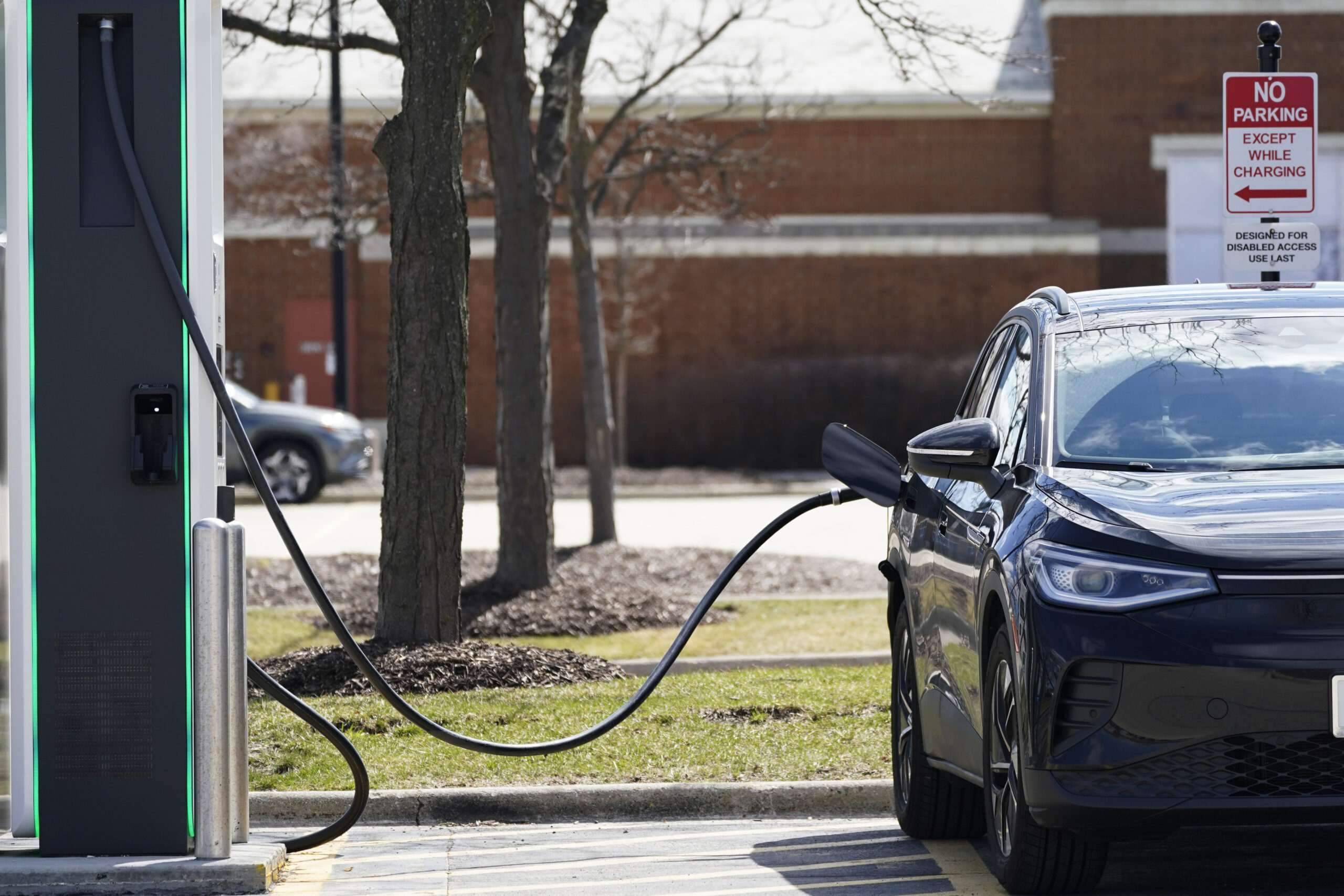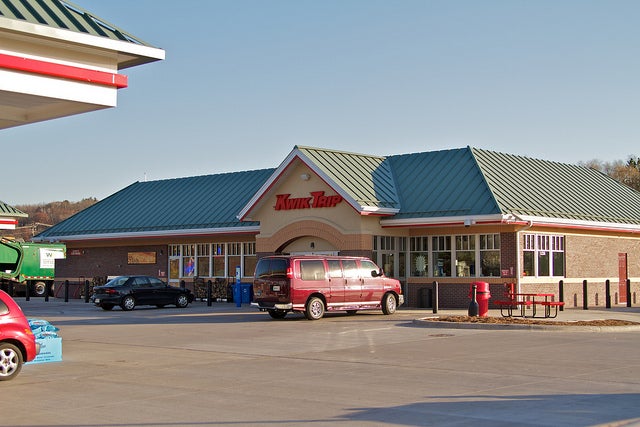A proposal in Madison requires all convenience stores install security cameras and maintain recordings for 30 days. Our guest is a college instructor who unpacks the roles of privacy and economics in the plan. He weighs the rights and responsibilities of taxpayers, business owners, and patrons under surveillance.
Would you feel safer pumping gas knowing the cameras are rolling? Do you care whether that footage is archived or if it’s deleted after a short time? Would this proposal in the capital city make sense in your small town? Email ideas@wpr.org. You can also tweet us @wprmornings or post on the Ideas Network Facebook page.
Featured in this Show
-
Proposed Madison Ordinance Mandates Cameras In Convenience Stores
When you’ve walked into a convenience store to pay for gas or buy a soda, it’s likely you have seen a security camera or have been advised by a sign that one was in use and that customers may be recorded.
Security cameras at stores aren’t new, but under a proposed ordinance in the city of Madison, all convenience stores would be required to have them at several different spots at the business. They’d also have to meet minimum lighting requirements for use of the cameras and the cameras would have to be able to capture high-quality images.
The ordinance was proposed by Madison Mayor Paul Soglin and has been assigned to the Public Safety Review Committee.
The proposal states the cameras are required:
- at locations that provide an overview of each counter and cash register area.
- at locations that capture an individual’s face as they enter or exit the store
- to be at all gas pumps.
In addition, all footage must be archived for at least 30 days.
While some stores may already fit these standards, others may not. What’s unclear about the measure thus far is who would pay for the needed upgrades if a convenience store doesn’t meet the requirements, said Steve Noll, a marketing professor at Madison College.
“You’re talking about not just, you know, a couple hundred dollars, in some cases,” Noll said. “These could be thousands, if not $10,000, depending on the size and, you know, how old the building and the structure is. … A brand new gas station built in the last few years, you know, probably has more, you know, lighting and cameras already built into it, but a business that may be a family run business that’s been around for a long time, you’re talking about a pretty hefty investment.”
Noll added that if the business ultimately has to pay to meet these requirements, it could mean a cost for the consumers if the business has to increase prices.
Soglin has said the aim is to increase public safety and make it easier to catch criminals in areas identified as hot spots, according to the Associated Press. The measure also has the support of the Madison Police Department as homicide and gunfire cases rise.
Noll said he doesn’t think anyone would argue against the value of increased security, but said a number of questions need to be answered first.
Beyond that, cameras aren’t necessarily the only solution for increasing security measures. Noll noted that some convenience stores have looked at removing the amount of signage from windows that block the view of employees and people outside the store.
That’s a message echoed by Jeff Lenard, vice president for strategic industry initiatives at the National Association of Convenience Stores, according to AP. He also said that while these types of measures are “well meaning,” they may not best achieve the outcome wanted.
Lenard said effective methods include removing the aforementioned reduction in the amount of signs in windows that block views, having effective lighting and minimizing cash on hand by having a time-release drop safe.
A vote on the proposal hasn’t been set at this time.
If approved by the council, it would go into effect six months after adoption. Under the current ordinance, whoever violates any provision of it would be subject to a penalty between $100 and $1,000. Each day the violation exists would constitute as a separate offense.
Episode Credits
- Kate Archer Kent Host
- Kealey Bultena Producer
- Steve Noll Guest
Wisconsin Public Radio, © Copyright 2024, Board of Regents of the University of Wisconsin System and Wisconsin Educational Communications Board.




